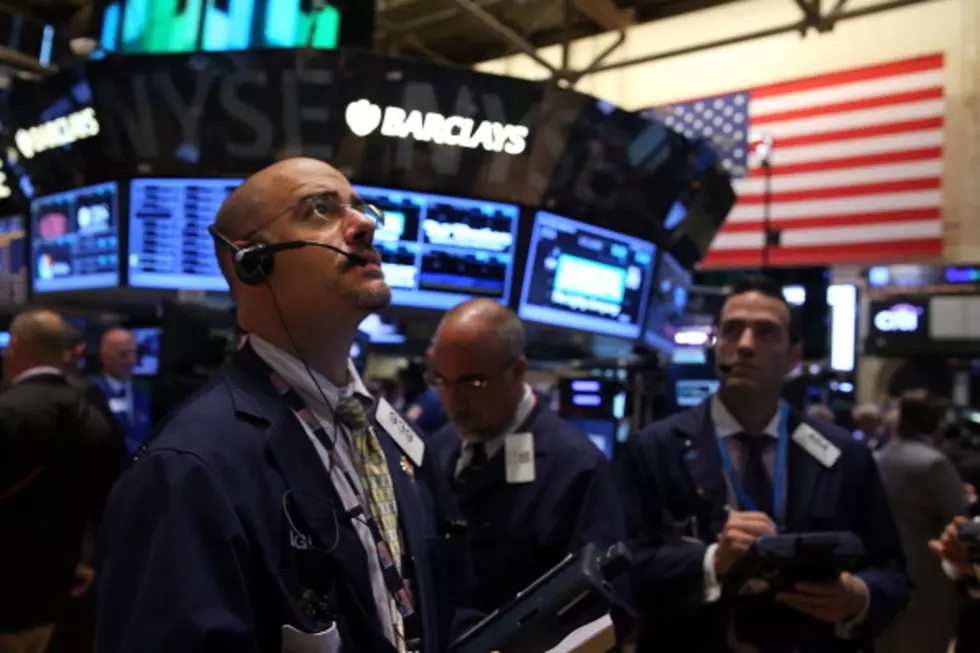
Stocks Edge Higher Despite Government Shutdown
Investors stayed calm on the first day of a partial government shutdown Tuesday.
A long-running dispute in Washington over President Barack Obama's health care law caused a deadlock over the U.S. budget, forcing about 800,000 federal workers off the job and suspending all but essential services. With the Republican-controlled House of Representatives and Democratic-controlled Senate at a stalemate, it was unclear how long a temporary bill needed to finance government activities would be stalled.
Despite the political wrangling, investors didn't push the panic button. That suggests that, at least for now, they aren't anticipating that the stalemate would cause enough disruption in the economy to threaten a gradual U.S. recovery and a four-year bull run in the stock market.
"The trend of the economy appears to be in a positive direction," said Michael Sheldon, chief market strategist at RDM Financial Group. "Unless this really gets ugly, we think the markets should start to look ahead to what we believe should be better economic data over the next six to 12 months."
In the latest encouraging news on the economy, a private industry group reported Tuesday that U.S. manufacturing expanded at the fastest pace since April 2011 last month on stronger production and hiring.
The Standard & Poor's 500 index climbed to a record Sept. 18 after the Federal Reserve surprised investors and said that it would continue with its economic stimulus. The index has shed 2 percent since then, falling on seven out of eight days before the shutdown.
"We're not jumping in with both feet but we're selectively putting money to work," said Joseph Quinlan, chief market strategist for U.S. Trust Bank of America Private Wealth Management. "On the other side of the government shutdown, you've got continued support from the Fed and a global economy that's rebounding,"
The Dow Jones industrial average was up 59 points, or 0.4 percent, to 15,188 as of 11:36 a.m. The S&P 500 index gained 12 points, or 0.7 percent, to 1,693. The Nasdaq composite rose 34 points, or 0.6 percent, to 3,805.
In government bond trading, the yield on the 10-year note rose to 2.64 percent from 2.61 percent late Monday.
The price of oil fell $1, or 1 percent, to $101.32 a barrel. Gold fell $35, or 2.4 percent, to $1,291 an ounce.
The dollar fell against the euro and the Japanese yen.
Among stocks making big moves:
- Merck rose $1.09, or 2.2 percent, to $48.67 after the drugmaker said it plans to cut another 8,500 jobs as part of a plan to reduce its annual costs by about $2.5 billion by the end of 2015.
- Walgreen rose $2.46, or 4.6 percent, to $56.30 after the drugstore chain said its fiscal fourth-quarter earnings soared 86 percent after it booked gains from its method of inventory accounting and its acquisition of a stake in European health and beauty retailer Alliance Boots.
- Ford rose 38 cents, or 2.2 percent, to $17.25 after the automaker said that U.S. sales rose 6 percent in September, with strong car sales making up for slower sales of SUVs.
(Copyright 2013 by The Associated Press. All Rights Reserved.)
More From New Jersey 101.5 FM









